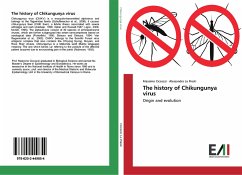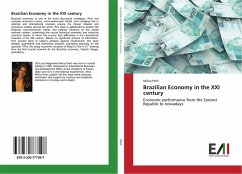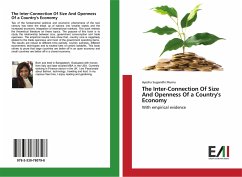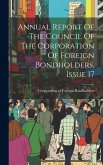Chikungunya virus (CHIKV) is a mosquito-transmitted alphavirus and belongs to the Togaviridae family (Schuffenecker et al., 2006). It causes chikungunya fever (CHIK fever), a febrile illness associated with severe arthralgia and rash (Adebajo, 1996; Deller and Russell,1967; Ligon, 2006; McGill, 1995). The alphaviruses consist of 30 species of arthropod-borne viruses, which are further subgrouped into seven serocomplexes based on serological data (Porterfield, 1980; Strauss and Strauss, 1994; Van Regenmortel et al., 2000). CHIKV belongs to the Semliki Forest virus antigenic complex that also contains the O'Nyong Nyong, Mayaro, and Ross River viruses. Chikungunya is a Makonde word (Bantu language) meaning 'The one which bends up' referring to the posture of the affected patient acquired due to excruciating pain in the joints (Robinson, 1955).
Bitte wählen Sie Ihr Anliegen aus.
Rechnungen
Retourenschein anfordern
Bestellstatus
Storno








